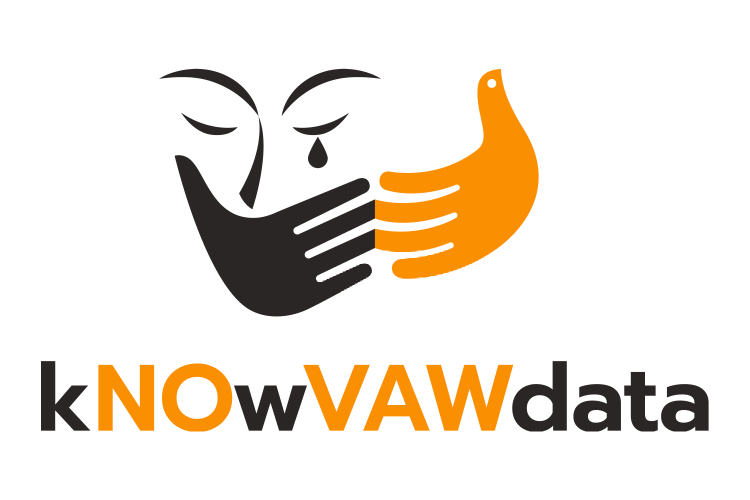Knowledge Hub

The Knowledge Hub provides links to resources supporting the measurement of violence against women and has been funded under the Pacific Spotlight Initiative. While starting with a primary focus on Pacific resources and global resources which are applicable for the Pacific region, the Knowledge Hub will continue under the UNFPA kNOwVAWdata initiative to support global knowledge exchange and a strong community of practice. The strength of this Knowledge Hub is the opportunity to share resources and support all regions of the globe.
If you would like to share links to be added to the Knowledge Hub, please send them to knowvaw-program@unimelb.edu.au.
New Survey Methodologies in Researching Violence Against Women
This paper assesses the methodologies of the new national surveys of violence against women, including those in the US, Canada, Australia, Finland and the Netherlands, as well as the British Crime Survey. The development of large‐scale quantitative survey methodology so as to be suitable for such a sensitive subject has involved many innovations. The paper concludes with recommendations for further improvements including: the sampling frame, the scaling of both sexual assaults and range of...
The Measurement of Domestic Abuse – Redeveloping the Crime Survey for England and Wales
The Crime Survey for England and Wales (CSEW) is a representative population survey that since the early 2000s has provided ongoing measurement of domestic abuse via a dedicated domestic abuse module, with regular publication of headline prevalence and other descriptive data. At the same time the measurement of domestic violence in the CSEW has also been the subject of ongoing debate and critique, in particular whether it is appropriate to use catch-all prevalence measures in the context of...

Understanding and measuring technology-facilitated violence against women for better prevention and response
The rapidly growing access to and use of Information and Communication Technologies (ICT), accelerated by the COVID-19 pandemic, has resulted in a rise in technology-facilitated violence against women (TF VAW). Yet, accurate, reliable and comparable data on the extent of TF VAW are lacking to effectively inform and monitor targeted policies and programmes.
Patterns of Womenʼs exposure to psychological violence: A global examination of low- and middle-income countries
Under Sustainable Development Goal 5, prevalence of intimate partner violence (IPV) is a globally reportable indicator. There is a lack of consensus on how to measure and report psychological IPV, affecting prevalence estimates and cross-country comparability. We examine similarities and differences in the patterning of women's experiences of psychological abuse in low- and middle-income countries (LMICs) to inform common cut points.
A scoping review of measurement of violence against women and disability
A scoping review with a focus on measurement to assess the forms of measurement and study design utilized to explore the intersection of violence against women with disabilities, and to identify strengths and limitations in current approaches to measuring violence against women with disabilities. This scoping review is designed to inform current debates and discussions regarding how to generate evidence concerning violence against women with disabilities.
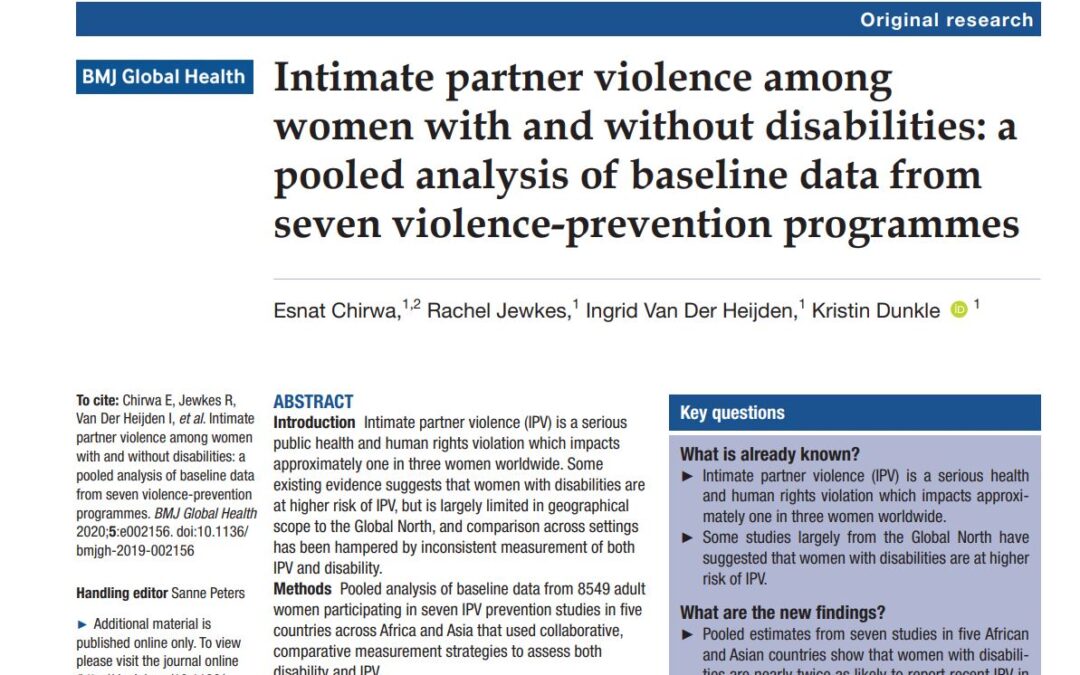
Intimate partner violence among women with and without disabilities: a pooled analysis of baseline data from seven violence-prevention programmes
Pooled analysis of baseline data from 8549 adult women participating in seven IPV prevention studies in five countries across Africa and Asia that used collaborative, comparative measurement strategies to assess both disability and IPV.
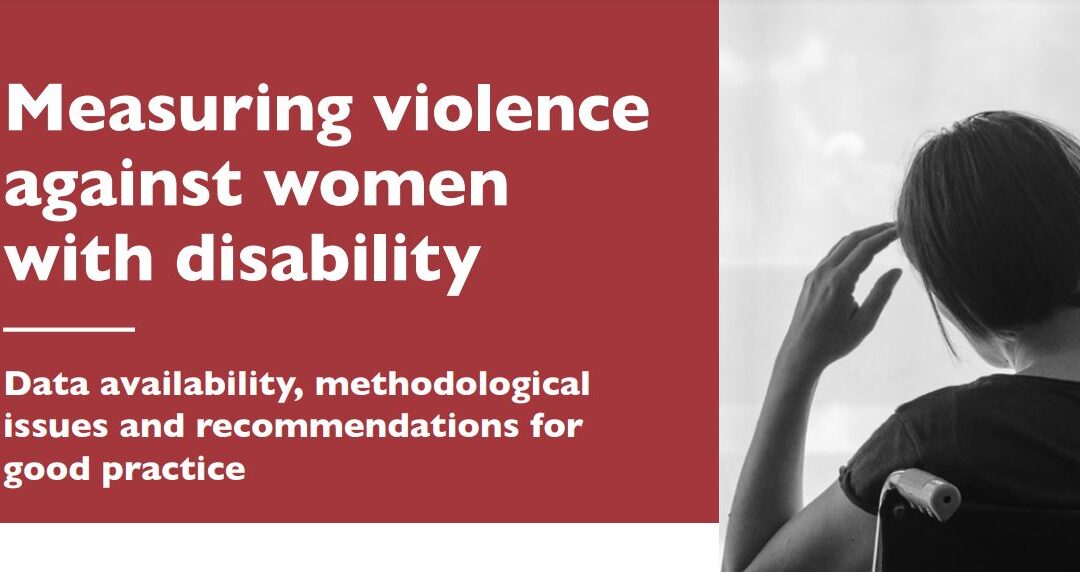
Measuring violence against women with disability: Data availability, methodological issues and recommendations for good practice
This briefing note, which focuses on the measurement of violence against women with disability, is one in a series of methodological briefing notes for strengthening the measurement and data collection of violence against particular groups of women or specific aspects of violence against women.
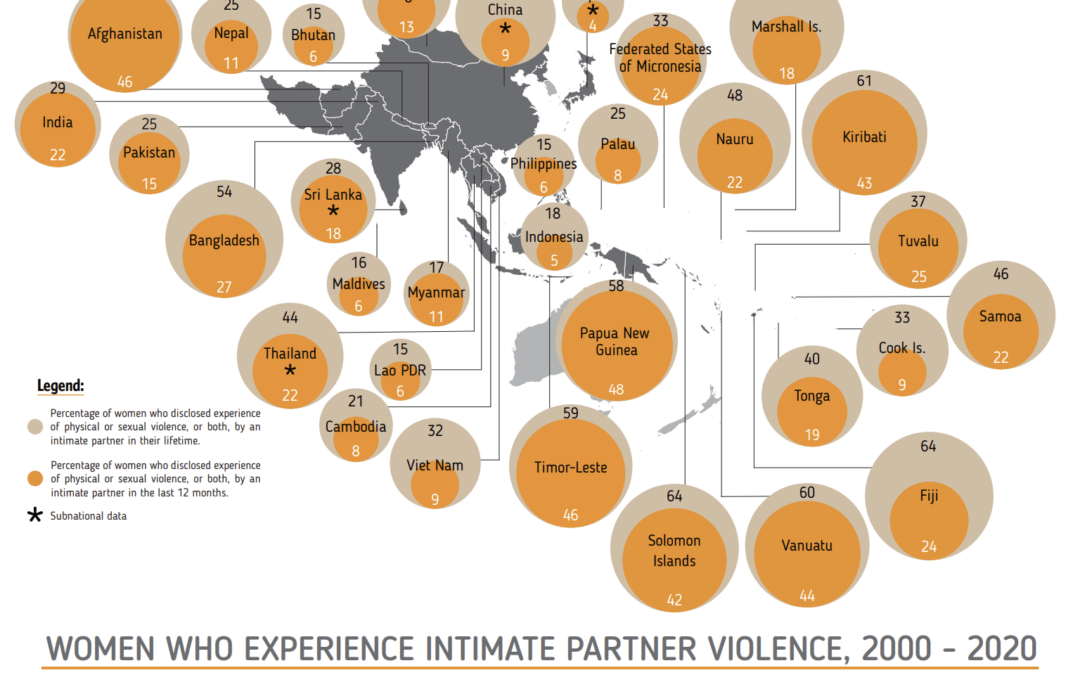
Violence Against Women – Regional Snapshot (2020) – kNOwVAWdata
2020 map of violence against women prevalence in Asia-Pacific region
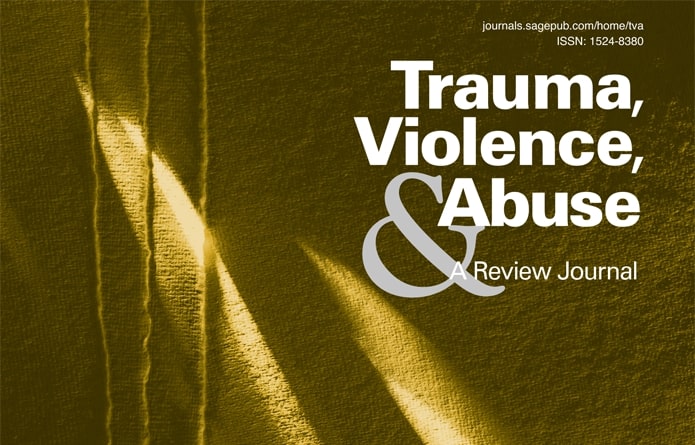
Survey data sets pertinent to the study of intimate partner violence and health
This article describes some currently available survey data sets that contain information regarding women's experiences of intimate partner violence and health, identifies a number of the strengths and limitations of these data sets, and makes recommendations concerning the types of survey data that should be gathered in the future to help move the field forward.
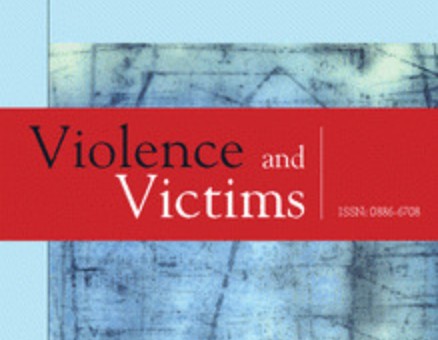
Maternal Childhood Parental Abuse History and Current Intimate Partner Violence: Data From the Pacific Islands Families Study
The aim of the study was to establish the association between the experience of maternal and/or paternal emotional or physical abuse and current severe physical partner violence perpetration or victimization among a cohort of Pacific women.
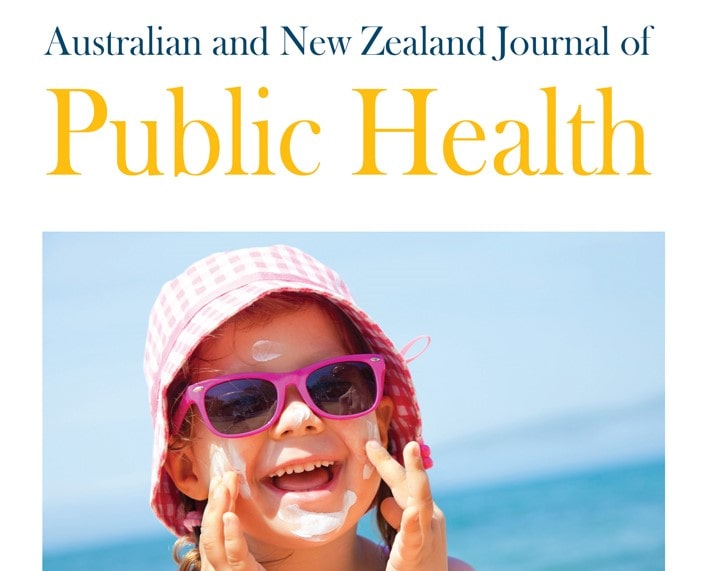
Factors associated with induced abortion over time: secondary data analysis of five waves of the Australian Longitudinal Study on Women’s Health
Objective: A trend analysis of associations with induced abortion. Methods: Secondary analysis of the Australian Longitudinal Study of Women's Health (N=9042). Conclusions: Abortion remains strongly associated with factors affecting women's control over reproductive health such as partner violence and illicit drug use.
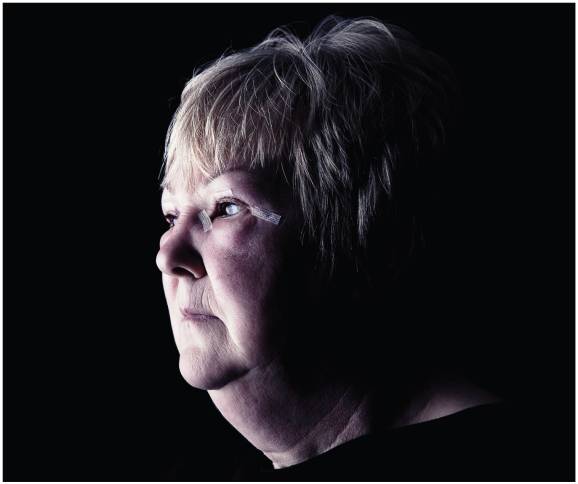
New WHO guidelines on intimate-partner violence
The World Health Organization (WHO) has issued new practice and policy guidelines to help health care practitioners screen, treat and support victims of sexual and partner violence.
